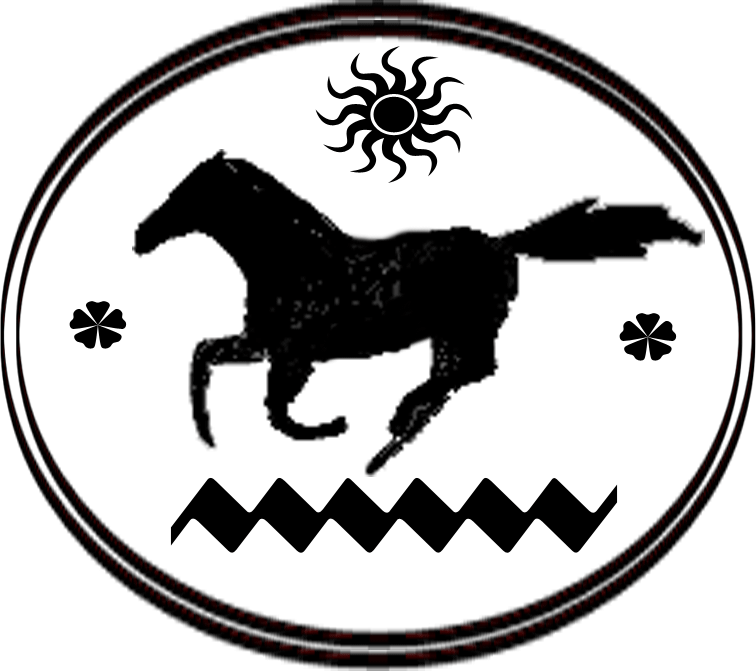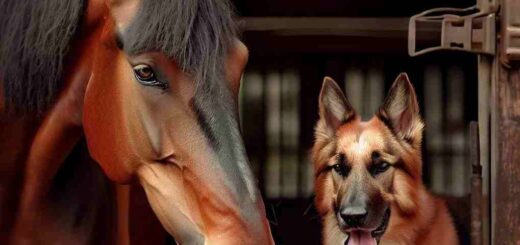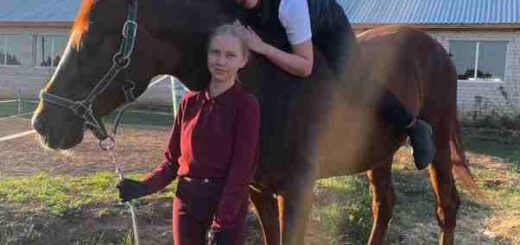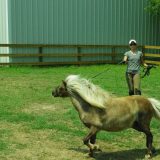Popular Mistakes People Make When Buying a First Horse
First-time horse purchases are thrilling and rewarding, but they can also be difficult and expensive if you don’t do your research. Many new horse owners make mistakes that can harm their enjoyment, safety, and the health and wellbeing of their horses. Here are a few common blunders to steer clear of when getting your first horse.
Buying the Wrong Horse Breed
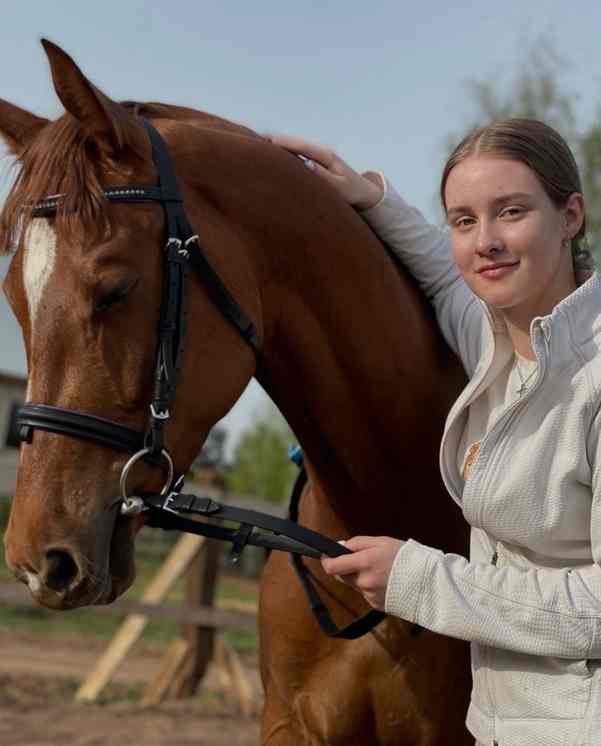
When purchasing your first horse, one of the biggest mistakes to avoid is picking a breed that does not fit your needs, goals, and degree of experience. Different breeds have various traits, temperaments, aptitudes, and needs. For instance, a stunning white Arabian can seem like your ideal mount, but a novice rider might find it to be overly lively and sensitive. A stallion may be a magnificent sight, but a rookie owner may find it too aggressive and challenging to control. A young horse may seem like a nice choice for a youngster or beginner to ride as they grow up, but it may also be too inexperienced and unpredictable for them.
Research different breeds and their fit for your riding style, discipline, and skill level before you purchase your first horse. As some breeds may require more care, training, and maintenance than others, you should also take your budget, time, and resources into consideration. Find a breed that complements both your personality, your goals, and your horse’s abilities.
Buying a Horse on a Whim
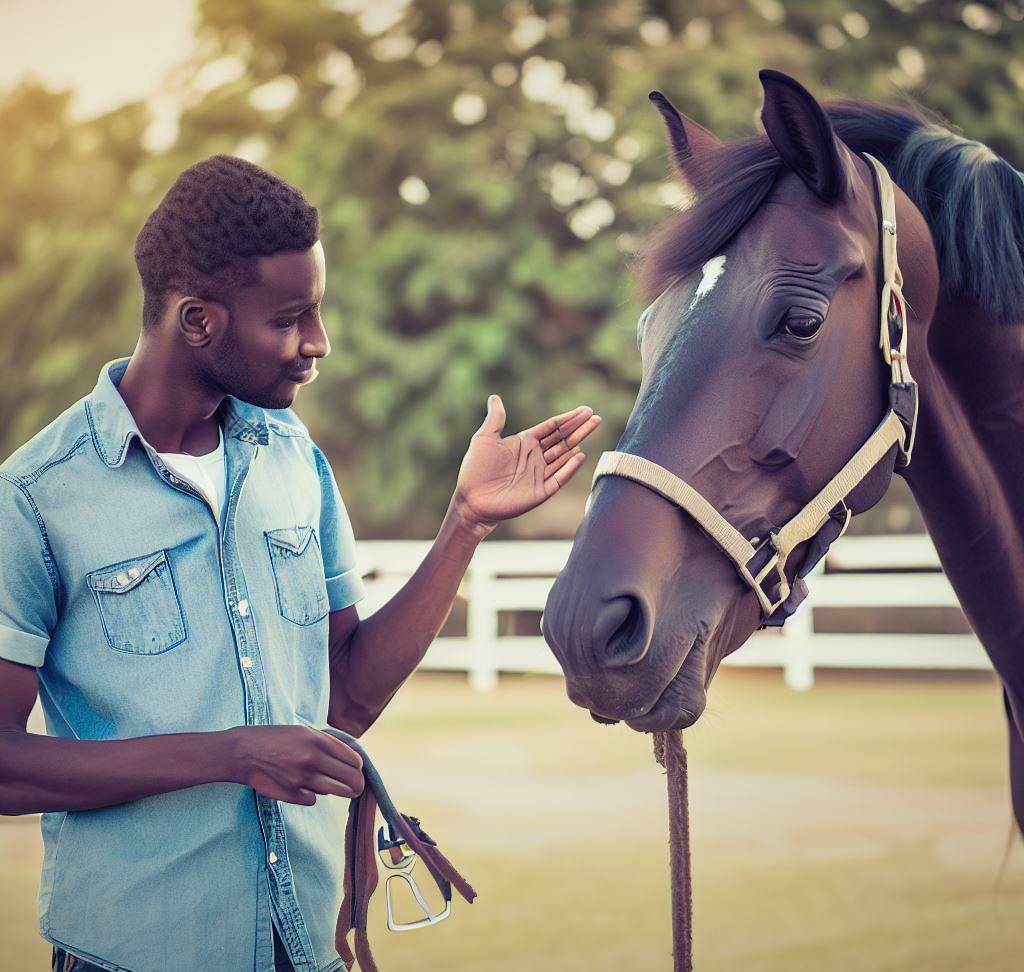
Making an impetuous choice based on feelings or appearance is another typical error to avoid when purchasing your first horse. An expensive purchase like a horse requires careful planning and preparation. You shouldn’t purchase a horse at first glance, without testing it out, getting its history, or asking questions. You shouldn’t purchase anything just because it’s cheap, adorable, or you feel awful for the horse. You shouldn’t purchase a horse without first seeking advice from a professional, such as a trainer, a veterinarian, or a knowledgeable friend.
You should take your time to discover the ideal horse before you purchase your first one. You should check out various vendors and ride various horses. You should enquire about the horse’s background, medical history, temperament, level of training, and any other pertinent details. Before you buy the horse, you should have it examined by a horse veterinarian. Additionally, request a trial period so you can observe the horse’s behavior around you and with you. You should evaluate the benefits and drawbacks of various horses. Before you sign the papers, you should be certain that you have selected the best horse for you.
Underestimating Costs
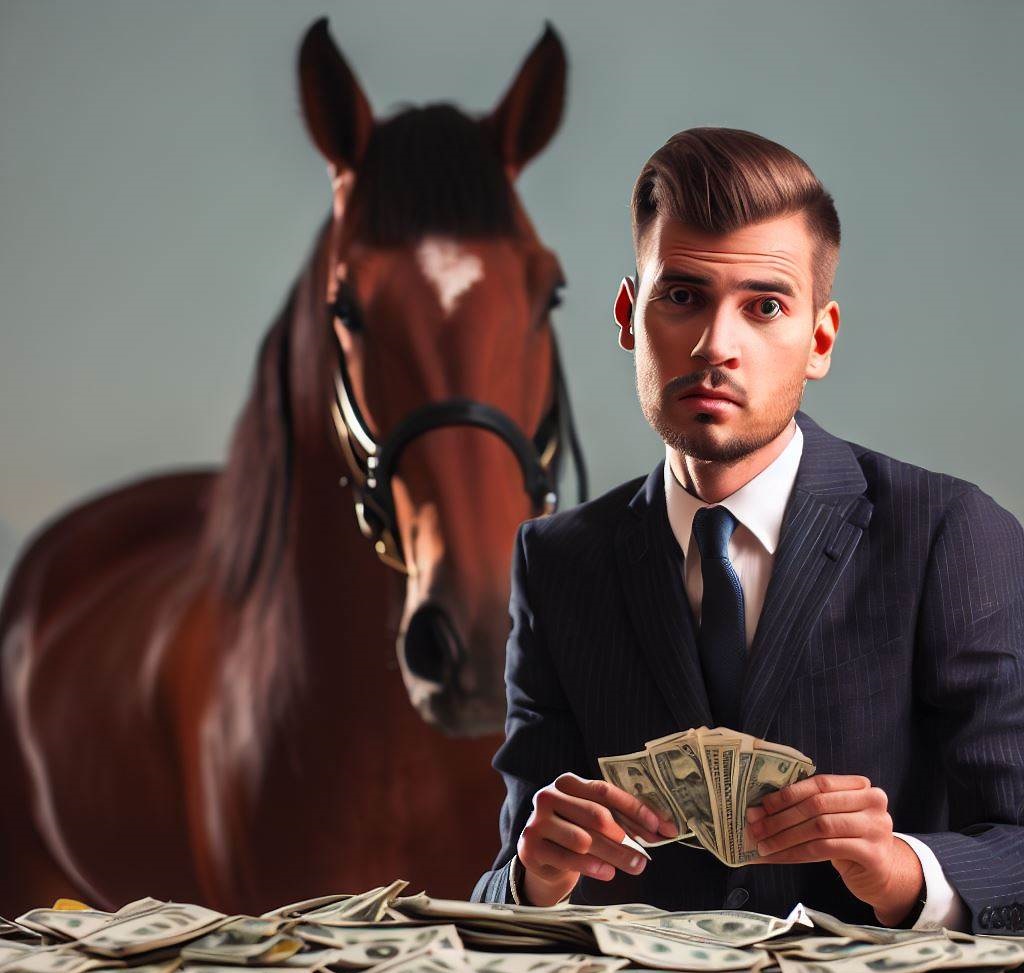
Underestimating the expenditures associated with owning a horse is a third common error to avoid when purchasing your first horse. The amount of money needed for a horse’s upkeep, food, training, equipment, insurance, medical bills, and other costs sometimes comes as a shock to new horse owners. The cost of owning a horse is a continuous expense that necessitates financial planning and budgeting.
Do some research on the cost of horse ownership in your area and for your preferred discipline before you purchase your first equine companion. You should account for the costs of boarding or home-boarding your horse, purchasing or renting tack and equipment, providing regular health care and preventive measures for your horse, hiring trainers or instructors, participating in competitions or events, and any other expenses that may arise. In case of unforeseen costs or emergencies, you should also keep some savings or emergency cash. Prioritize your needs and those of your family to ensure that you can afford to acquire a horse.
Underestimating the Time Commitment
Underestimating the time commitment required to own a horse is a fourth common error to avoid when purchasing your first horse. Many new horse owners feel overburdened by the amount of time required for their animals’ upkeep, training, and other needs.
Overlooking Safety
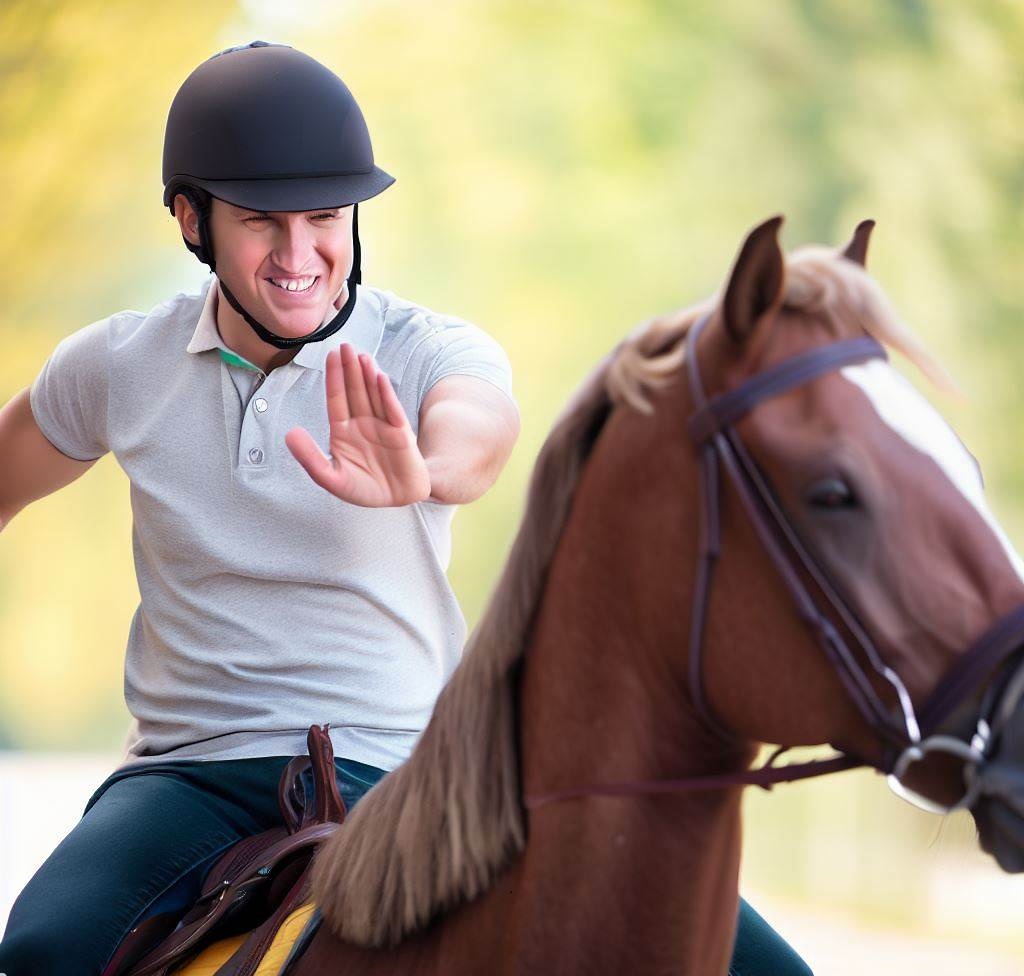
A fifth typical error to avoid when purchasing your first horse is ignoring safety concerns that could endanger both you and your horse. Horses are huge, powerful, and occasionally unpredictable creatures that, if not managed carefully, can result in serious injury or even death. When working with your horse, you should always adhere to some fundamental safety precautions, such as:
- Wear a helmet and appropriate footwear when riding or driving your horse.
- Use well-fitted and well-maintained tack and equipment for your horse.
- Learn how to read your horse’s body language and signals.
- Avoid sudden movements or noises that can startle your horse.
- Never stand behind or under your horse.
- Never tie your horse to something that can break or move.
- Never leave your horse unattended with loose objects or hazards in its reach.
Make sure you have sufficient insurance coverage for both you and your horse before you purchase your first horse in case of mishaps, injuries, or legal actions. An emergency plan for your horse should also include a first aid kit, a veterinarian’s contact information, and a means of transportation.
Not Understanding Proper Horse Nutrition
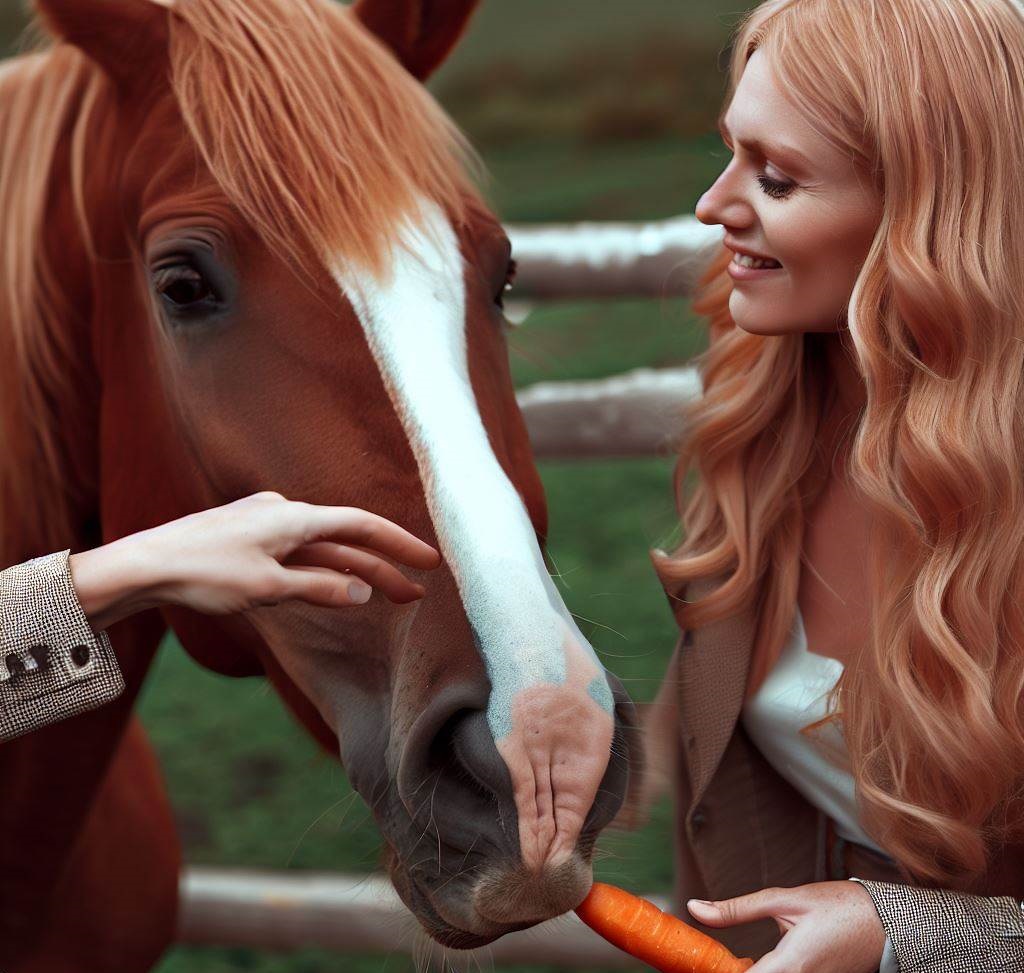
Not understanding basic horse nutrition and feeding techniques is the sixth typical error to avoid when purchasing your first horse. Due to their special digestive systems, horses need to be fed according to a certain diet and routine. Inadequate feeding might result in colic, laminitis, obesity, or malnutrition in your horse.
Before you buy your first horse, you should learn about the basics of horse nutrition, such as:
- Horses need a diet that consists mainly of roughage, such as grass or hay, which provides them with fiber and energy.
- Horses need access to fresh water at all times, as they can drink up to eight gallons a day.
- Horses may need additional grain or supplements depending on their age, activity level, and health condition.
- Horses need to eat small and frequent meals throughout the day, rather than one or two large ones.
- Horses need to have their teeth checked and floated regularly by a veterinarian to prevent dental problems that can affect their chewing and digestion.
Depending on your horse’s individual needs, a nutritionist or your veterinarian can assist you in selecting the best feeding regimen. Check your horse’s weight and general condition frequently, and then adjust the feed as needed. You should also avoid offering your horse any human sweets or food that could be poisonous or detrimental to them.
Never Asking for Help
A seventh common mistake to avoid when buying your first horse is never asking for help from others who are more experienced or knowledgeable than you. Owning a horse is a never-ending learning experience. There is ever something fresh to learn or get better at. You shouldn’t be embarrassed or scared to ask other horse owners, trainers, teachers, vets, farriers, or anybody else who can help you with your horse for advice or assistance.
Find a friend or mentor who can walk you through the process and answer your questions before you purchase your first horse. You should also become a member of a neighborhood club or organization so that you may interact with and learn from other horse enthusiasts. To enhance your riding and horsemanship abilities, you should also enroll in classes or clubs. You should also read any other materials that will help you learn more about horses, including books, periodicals, websites, such as https://tophorsebackriding.com, other blogs, podcasts, and so on.
First-time horse ownership may be an exciting adventure as well as a difficult task. You may ensure that you and your horse have a long-lasting, fulfilling connection by staying away from these frequent mistakes.
